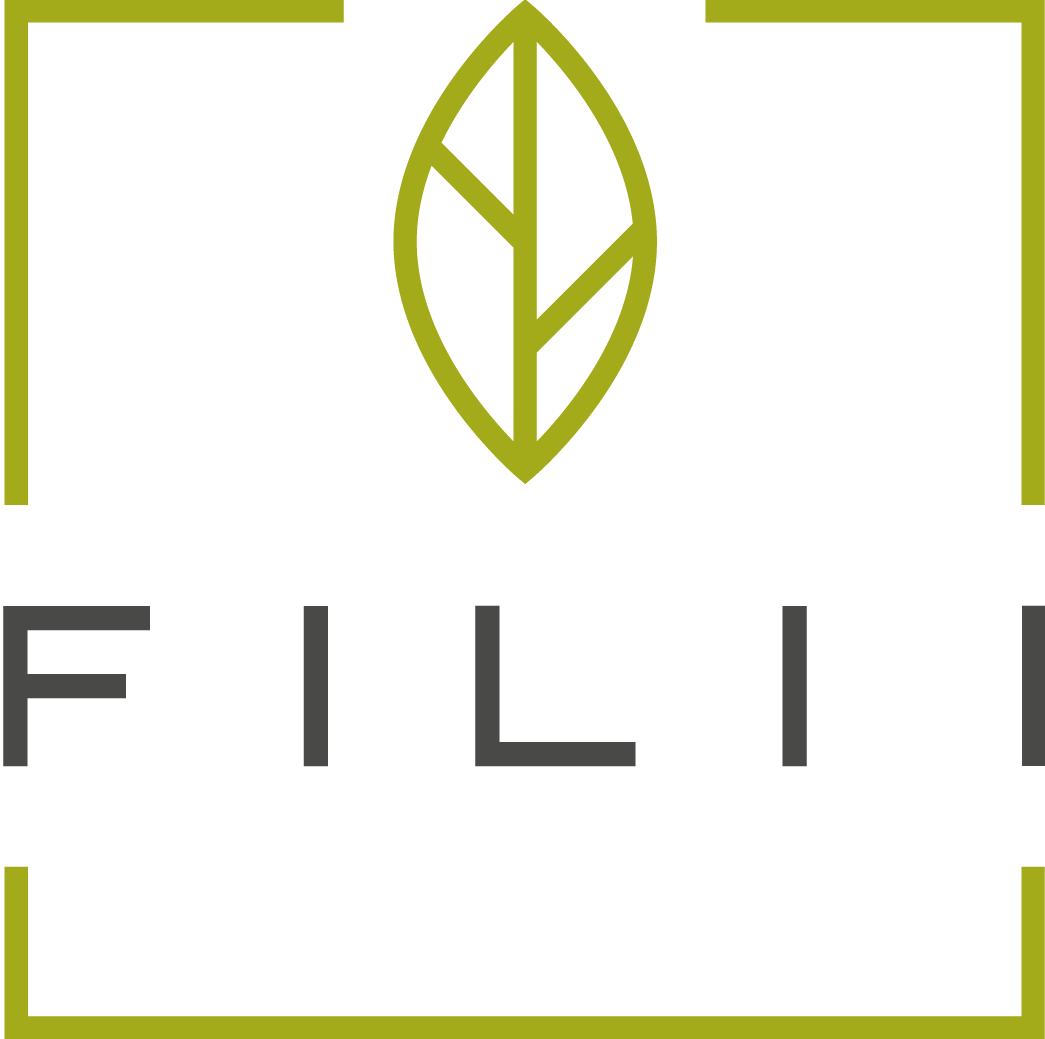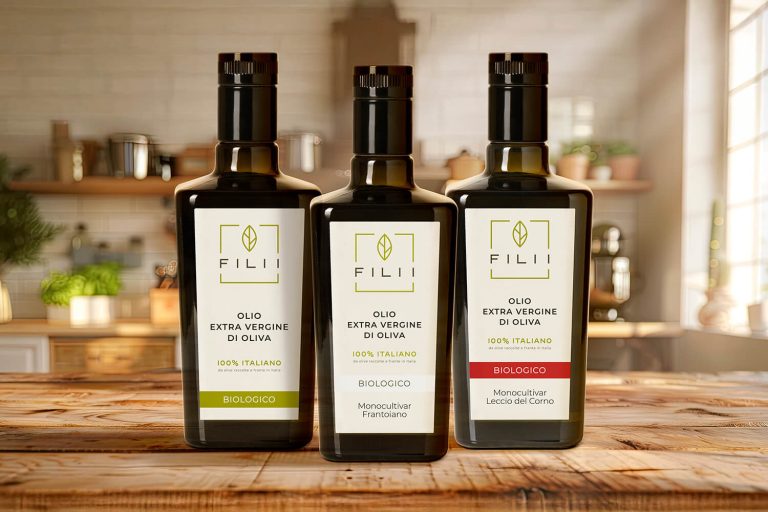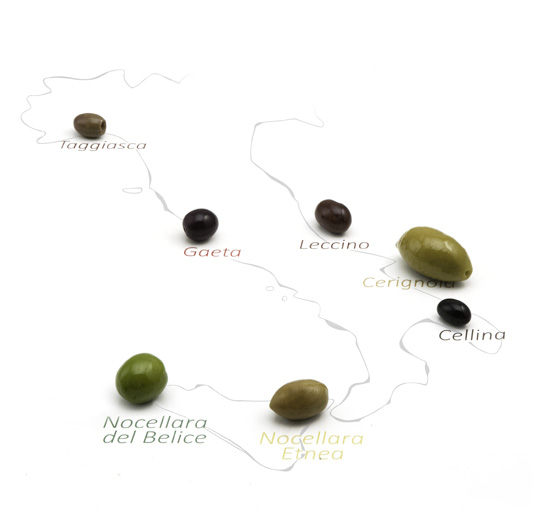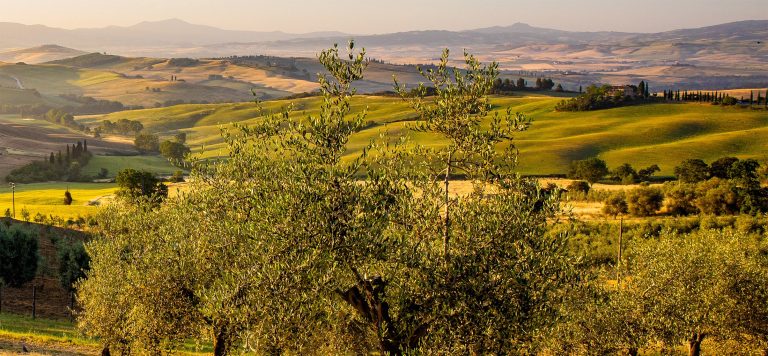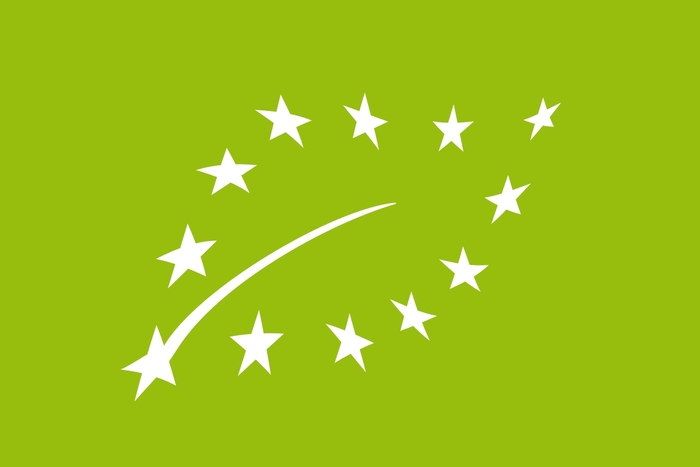
Organic Certification
- Post author:Guest-admin
- Post published:October 23, 2024
- Post category:Approfondimenti EN
- Post comments:0 Comments
Products labeled as organic are identified by the European logo that appears on packaging: a leaf with twelve white stars on a green background. But to define an “organic product,” whether it is oil, a vegetable, eggs, or something else, the fundamental condition is that it must be obtained only through the use of natural substances. Olive oil can be defined as organic when it is produced using cultivation, harvesting, and production methods that comply with the standards of organic farming regulations, meaning without the use of chemical fertilizers, herbicides, or pesticides. Extra virgin olive oil and virgin olive oil, obtained from the olive fruit, are the only categories that can be certified and labeled as organic according to Regulation (EC) No. 834/2007 and subsequent amendments, as they fully comply with the rules of organic production for processed foods.
The issuance of organic certification is obtained by a company at the end of a recognition or conversion process with constant inspections to ensure that all organic standards continue to be met over time. To identify a high-quality organic extra virgin olive oil, it is important to check: that it bears the EU organic symbol and that the packaging shows the name of the producer, the seller, and the code of the body that carried out the last check before it was put on sale. In Italy, there are various Bodies (Control Organizations) authorized by the Mipaaf to conduct inspections on companies and to certify organic production.
To obtain organic certification, there is no fixed price set by law or a maximum cap. Each Control Body adopts its own annual fee schedule, often divided into a fixed fee based on the production sector and a variable fee depending on the type of production or sector in which the company operates, the hectares of land used, or the number of livestock, or other elements such as the number of production units. To offset the costs, EU Funds can be used to promote organic production. Organic certification covers all levels of the production chain and can be obtained by both agri-food production companies and processing companies.
Buying organic extra virgin olive oil is important for health and food safety because it contains no traces of pesticides or harmful substances, and by purchasing it, you contribute to the sustainability of the environment and the agricultural sector, with production that is more respectful of natural resources. However, it cannot be said that an organic oil is necessarily better than a conventional oil; they are simply two oils obtained from olive grove management practices that differ, and if they were compared in a tasting, the difference between an organic oil and a non-organic oil would not be noticeable. The differences mainly concern the cultivation technique, the handling of olives in pest control, and fertilization. Additionally, the processing line for oil extraction must be separated from that of olives under conventional farming practices.
